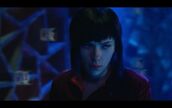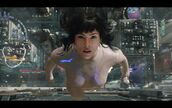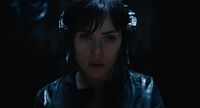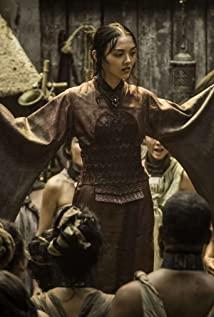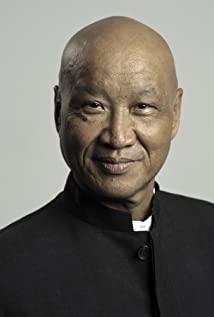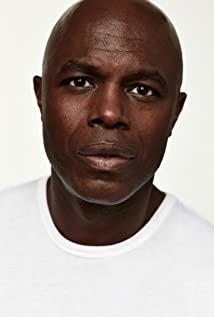The most excessive thing about this film is that there is only Motoko pheasant, only electronic human beings, and lacks the corresponding pure machine consciousness. In the movie version, there are puppet masters, in the TV version there is Tachikoma, and of course in the comics. Only when these characters exist, can the understanding of Ghost be more comprehensive. In the "live-action version", ghosts have become the exclusive use of human beings, which is obviously inferior. The performance of Ghost is also one-sided, losing the depth shown by comparison in other works.
The electronic prosthesis that Pheasant Motoko has become is also very similar to "Robot SWAT", and the erasure and implantation of memory is mixed with "Total Recall". The same is not enough for ghost, but it falls into the discussion of what is the "self". But those who have seen other works should know that this is definitely not the focus of the series, but it is very strange that this is the main conflict in "Live Action".
One thing that is commendable for the adaptation is that this film truly has a "punk" spirit. Nine Sections is a secret agency directly under the Prime Minister, an official violence agency with roots. If it is replaced in another work, the nine lessons should be the negative characters, the villains that the puppet master, the smiling man, and the hero Kuze are going to fight, and these marginal talents are more likely to become the protagonists of the story. However, in the "live-action version", what Suzi has to fight against has become a big company, and he is in a disadvantaged position, which means more "punk".
View more about Ghost in the Shell reviews



